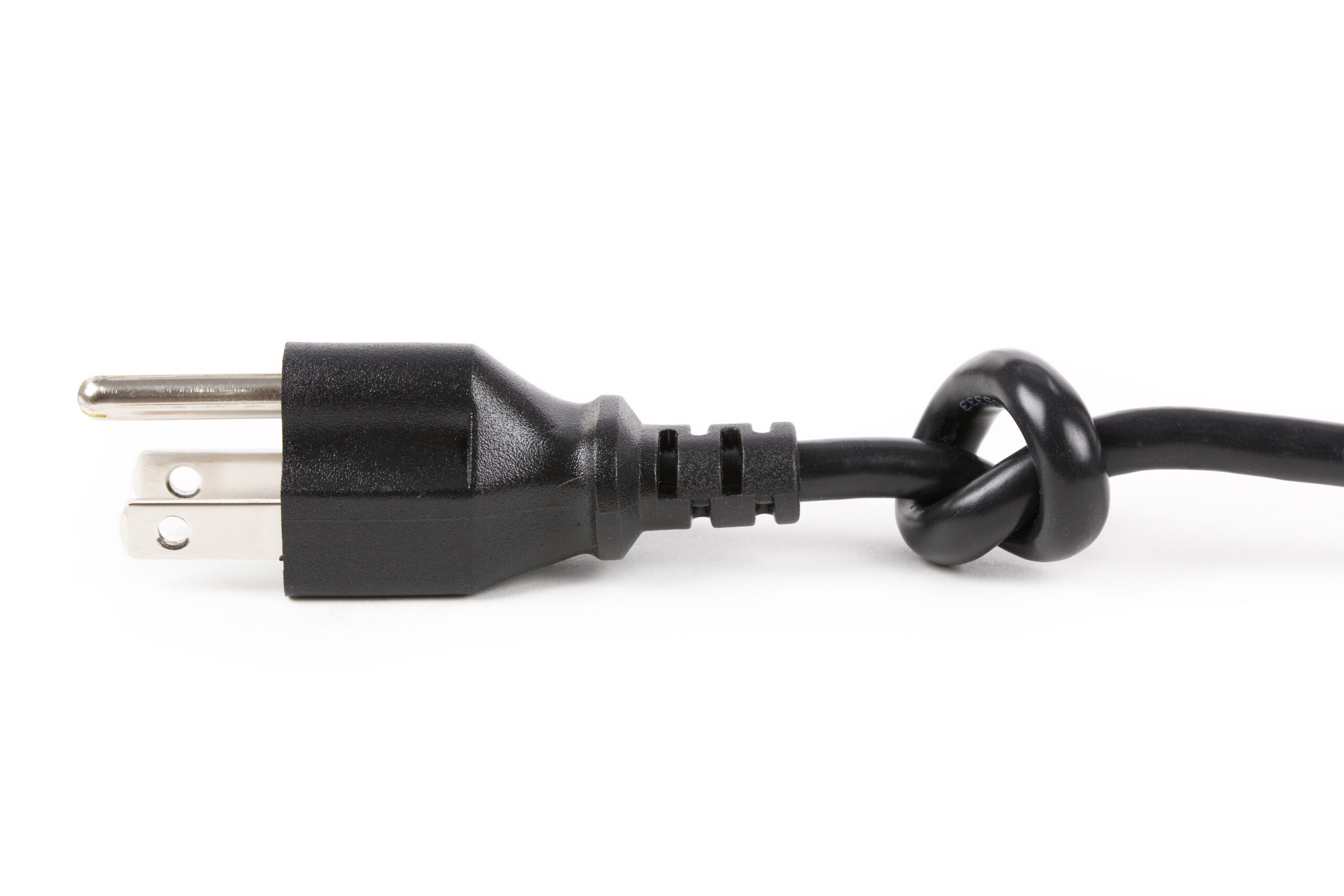A recent E3 study projecting a capacity shortage in the Pacific Northwest (PNW) has raised concerns about the future reliability of electricity supply in the region. By 2025, the study suggests a shortage of up to 7,000 megawatts (MWs), which could escalate to 10,000 MWs by 2030. This issue has garnered attention from industry experts & government officials, highlighting the urgent need for action. However, amidst the backdrop of polarized political dialogue & a lack of technical expertise, the path to finding practical solutions seems challenging.

The Dunning-Kruger effect serves as a backdrop to the current situation. It describes the tendency of individuals with limited knowledge or expertise to overestimate their abilities. In the realm of energy policy, decisions made by those lacking engineering experience or technical understanding can have severe consequences. Public policy must be informed by experts who possess a comprehensive understanding of the complexities of the electrical grid.
The recent “Inflation Reduction Act” injected a massive influx of funds into Wall Street & private equity firms leading to a race for subsidies & tax credits. However, the rush for money often neglects the fragility & intricacy of the electrical grid. The decision-making process often ignores the critical balance between load & generation necessary for reliable power supply.
The energy industry, due to its technical complexity, has now succumbed to polarized camps of opinion. Fear of career repercussions has silenced those who recognize the premature retirement of generating resources & the impending consequences.
As Europe grapples with the consequences of flawed energy policy decisions, government officials are sounding the alarm in the United States. Rapid retirement of coal plants & the dismissal of nuclear power & natural gas leaves a void in balancing the intermittency of renewable energy sources like solar & wind. The reliance on batteries due to rolling blackouts further raises concerns about grid reliability. Failure to make necessary annual capital expenditures for electric transmission & distribution infrastructure further exacerbates the situation, potentially leading to catastrophic consequences.
Despite challenges & obstacles faced, pragmatic approaches can achieve carbon emission reduction goals without compromising safety or the economy. Recognizing our commonalities & the shared goal of maintaining a stable electricity grid will prove to be our most valuable asset.
The recent projections of a capacity shortage in the PNW highlight the need for immediate action to ensure reliability of electricity supply. Financial motivations, divisive politics, & a lack of rational energy planning pose significant challenges. By fostering constructive dialogue, prioritizing technical expertise, & making prudent capital expenditures, we can work towards a more sustainable & reliable energy future.
